12 Moments That Teach Us to Stay Kind, Even When Life Becomes Heavy

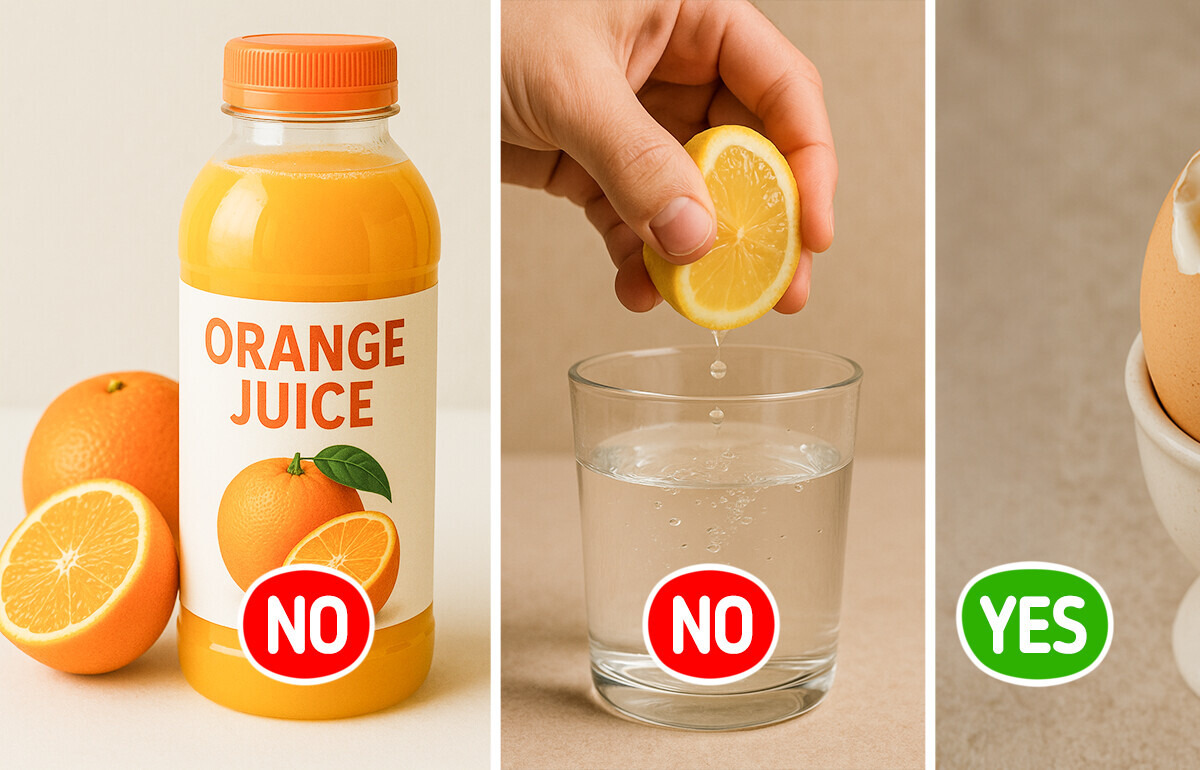
For years, we’ve been piling certain foods onto our plates, thinking we were doing our bodies a favor. Low-fat this, all-natural that, and “healthy” snacks that promise glowing skin, weight loss, and endless energy. But what if some of these health heroes are actually hiding villains in disguise? From sugar bombs masquerading as breakfast to “light” products loaded with chemicals, we took a closer look at the everyday foods we were taught to trust.
DISCLAIMER: THE CONTENT IS PROVIDED FOR INFORMATIONAL PURPOSES ONLY AND IS NOT INTENDED AS A SUBSTITUTE FOR MEDICAL ADVICE. PLEASE CONSULT YOUR DOCTOR REGARDING YOUR HEALTH CONDITION.
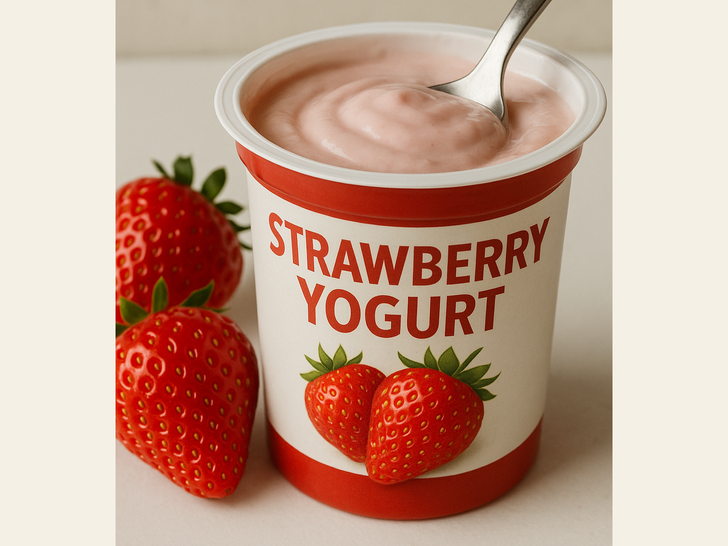
For years, flavored yogurt has enjoyed a reputation as a healthy staple, packed with calcium, protein, and probiotics. But what most labels don’t advertise upfront is just how much added sugar is hiding inside. A typical serving of fruit-flavored yogurt can contain anywhere from 9 to 24 grams of sugar.
The American Heart Association recommends a daily limit of 25 grams of added sugar for women and 36 grams for men, so make sure you don’t eat that many cups of flavored yogurt.
And don’t be fooled by labels like “low-fat” or “light.” To make up for the loss of fat, which gives yogurt its rich taste, manufacturers often add even more sugar or artificial sweeteners to enhance flavor. On top of that, the so-called “fruit” chunks are often processed blends sweetened with syrups, not whole fruit.
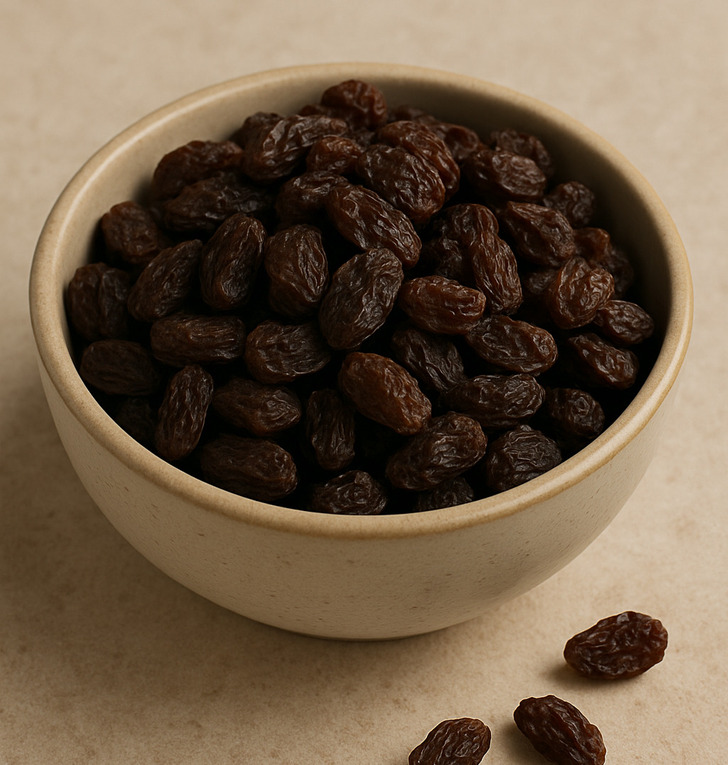
Raisins seem like the perfect snack: they’re natural, bite-sized, and come straight from grapes, right? But while they do contain fiber, iron, and antioxidants, they also pack a surprisingly high amount of sugar. Just half a cup of raisins contains 47 grams of sugar, which is 14 grams more than a can of soda, depending on the brand.
And because they’re dried, it’s easy to eat way more than you would with fresh grapes, leading to unintended sugar overload. This can spike your blood sugar quickly, which is especially concerning for people managing insulin levels or watching their weight.
Even more, raisins are sticky, and that’s bad news for your teeth. Their natural sugars cling to tooth surfaces, feeding cavity-causing bacteria. The American Dental Association warns that dried fruits like raisins can increase the risk of tooth decay if you don’t rinse or brush soon after snacking.
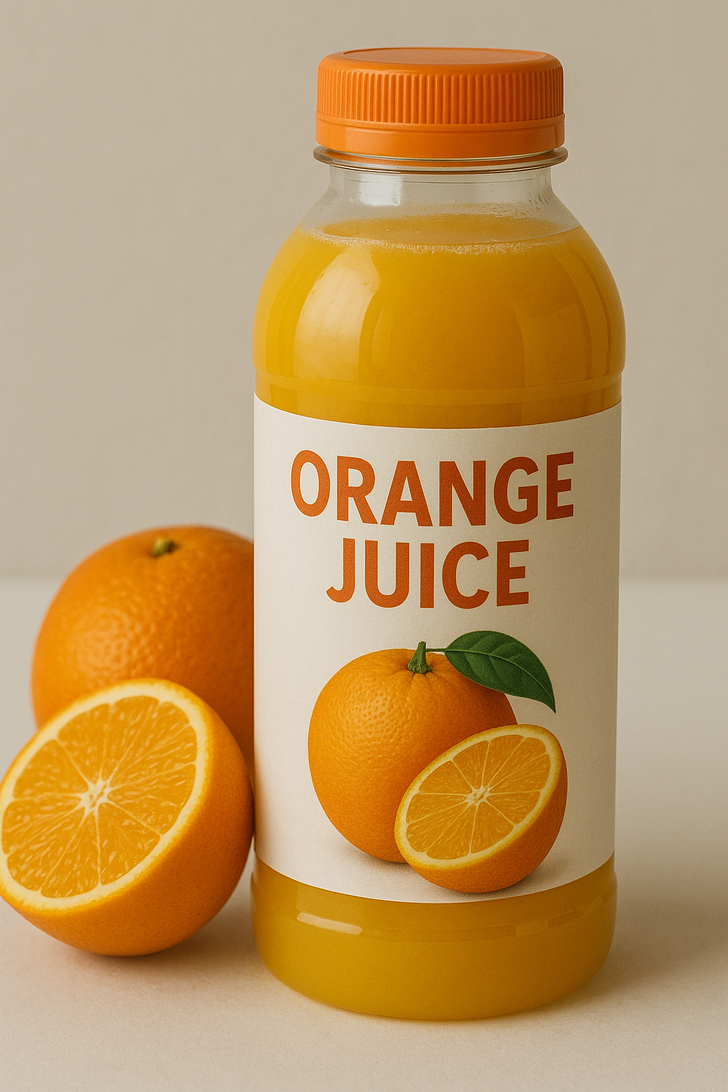
They may look refreshing and come with pictures of fresh oranges or apples on the label, but most packaged juices are far from a healthy drink. Even the ones labeled “100% juice” are often stripped of fiber and loaded with natural sugars.
A single glass of orange juice (8 oz) can contain up to 21 grams of sugar, and since there’s no fiber to slow down absorption, it can cause blood sugar spikes and energy crashes soon after drinking. The Centers for Disease Control and Prevention even warns that frequent juice consumption may contribute to weight gain and metabolic issues over time.
And those “fruit drink” or “juice cocktail” labels? Often code for added sugars, flavorings, and even colorants. For a healthier choice, eat whole fruit or flavor your water with a slice of fruit for that fresh taste without the sugar trap.
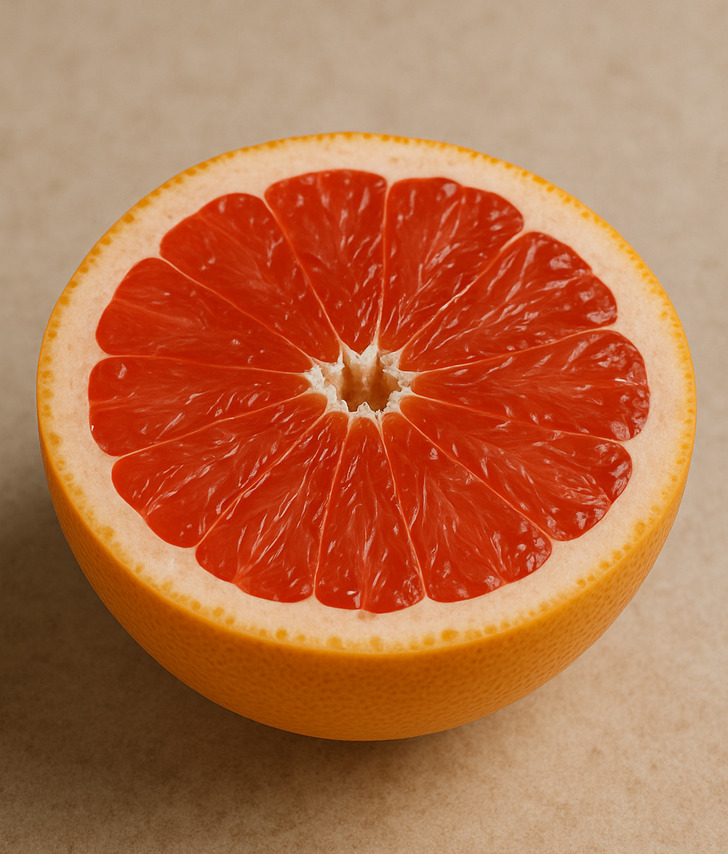
Grapefruit is often praised as a weight-loss-friendly, vitamin C-packed superfruit, and while it does offer some health benefits, there’s a surprising twist. Grapefruit can interfere with your medication. Compounds in the fruit block a key enzyme in your intestines, which is responsible for breaking down certain drugs.
This means medications like statins, blood pressure meds, and even some allergy drugs can build up to dangerous levels in your body, just from a glass of juice or a few slices of grapefruit. Mayo Clinic warns that this interaction isn’t just a minor concern, as it can lead to serious side effects.
Unfortunately, there’s no safe “dose” of grapefruit when it comes to drug interactions, as even a small amount can cause issues. So while grapefruit is fine for many people, if you’re on prescription meds, it’s best to check with your doctor before making it part of your daily routine.
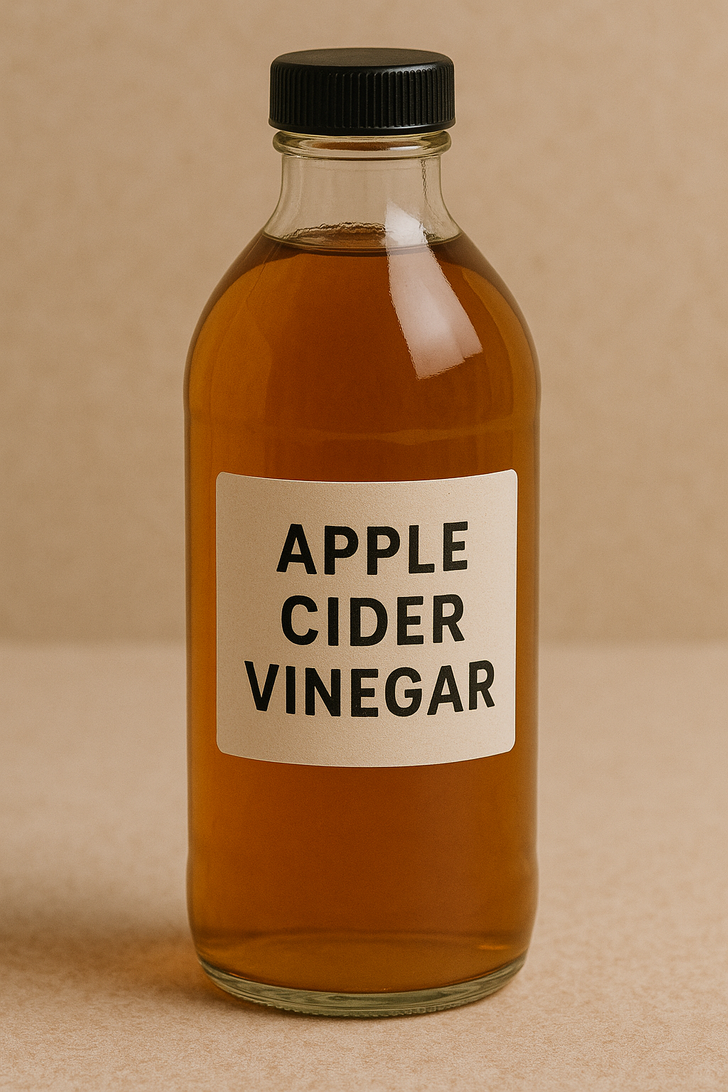
Apple cider vinegar has become a wellness favorite, with claims ranging from weight loss to better digestion and even glowing skin. But here’s what many fans don’t realize: too much apple cider vinegar can do more harm than good. Because it’s highly acidic, regular use, especially undiluted, can lead to tooth enamel erosion, irritated throat, and even digestive problems like nausea or delayed stomach emptying.
According to medical experts, those “detox” shots may actually wear down your body more than they clean it out. Worse still, apple cider vinegar can interact with diabetes medications, diuretics, and insulin, potentially causing potassium levels to drop too low, a dangerous condition known as hypokalemia.
The Cleveland Clinic cautions that while occasional, diluted use is generally safe for most people, apple cider vinegar is not a miracle cure and should never replace real medical treatment.
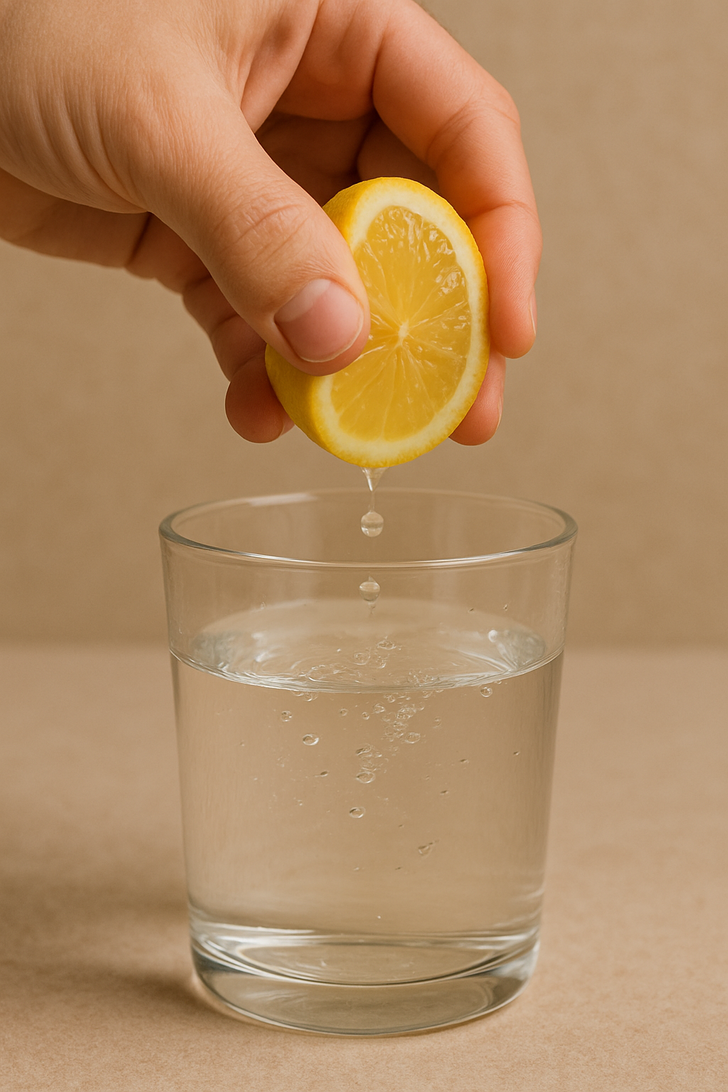
Lemon water is often praised as the ultimate health hack, boosting metabolism, aiding digestion, and even helping with weight loss. But while it can be refreshing and provides a small dose of vitamin C, lemon water isn’t the miracle elixir it’s made out to be. In fact, sipping it frequently, especially throughout the day, can do a number on your teeth.
The acid in lemons can erode tooth enamel, making your teeth more sensitive and more prone to cavities over time. And unlike sugary drinks, lemon water feels healthy, so most people don’t realize they need to rinse or brush afterward.
Another myth? That lemon water “detoxes” your body. Your liver and kidneys already do a great job of filtering toxins, no lemon is required. Drinking too much lemon water can even cause heartburn or acid reflux in some people, thanks to the citrus content.

Smoked meats might be a BBQ lover’s dream, rich, tender, and full of bold, smoky flavor. But they come with a hidden cost. While smoking is a traditional way to preserve food, the process produces potentially harmful compounds like polycyclic aromatic hydrocarbons (PAHs) and heterocyclic amines (HCAs).
These substances form when meat is cooked at high temperatures or exposed to smoke, and they’ve been linked to an increased risk of cancer, particularly colorectal, pancreatic, and prostate, according to the National Cancer Institute.
And it doesn’t stop there. Smoked and cured meats, like bacon, sausages, and jerky, are often high in sodium and nitrates, which can raise blood pressure and contribute to heart disease over time. The World Health Organization has even classified processed meats as a Group 1 carcinogen, placing them in the same risk category as tobacco and asbestos.

Brazil nuts are often praised for being rich in selenium, a powerful antioxidant that supports thyroid health, immunity, and even mood. But here’s the catch: they contain so much selenium that eating just a few can push you way past the recommended daily limit. In fact, one Brazil nut can have up to 90 micrograms of selenium, while the recommended daily intake for adults is only 55 micrograms.
Eating too many, even just 4–5 nuts, can lead to selenium toxicity, with symptoms like bad breath, diarrhea, nausea, skin rashes/lesions, nerve pain, and fatigue. And that’s not all. Brazil nuts are also high in calories and fat, which can sneak up on you if you’re snacking mindlessly.
A small handful (about six nuts) has about 185 calories and nearly 19 grams of fat. This is healthy fat, yes, but still, a lot if you’re watching your weight.

The narrative around foods changes a lot after research is done and scientists realize that they didn’t know nearly as much as they thought. We often think that certain foods are magical but, in reality, are potentially harmful.











